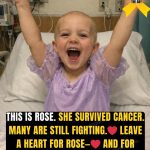Hugh Jackman’s Journey from Childhood Trauma to Forgiveness
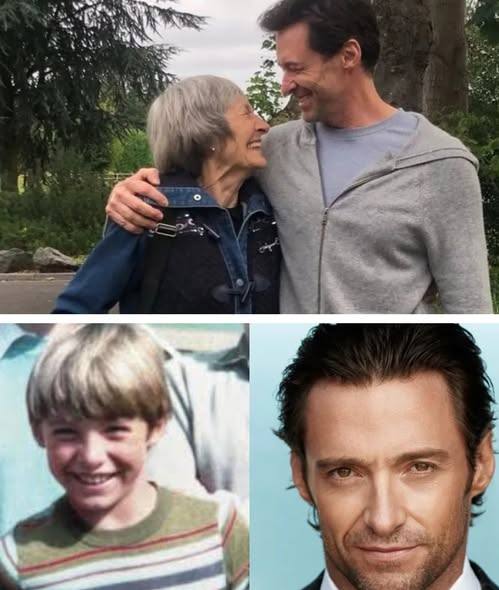
Hugh Jackman’s Journey from Childhood Trauma to Forgiveness
“I still remember the morning she went away,” recalls actor Hugh Jackman, his voice steady but filled with the echoes of a painful past. “She had a towel around her head and said ‘goodbye’ to me as I walked out for school. When I came home, she was gone. The next day, a telegram arrived from England. Mum was there, and that was all.”
Long before he became known worldwide as Wolverine, Hugh Jackman endured one of the most defining and heartbreaking experiences of his life — the departure of his mother when he was only eight years old. Growing up in Australia, the youngest of five children, Jackman’s early years were marked by sudden loss and confusion.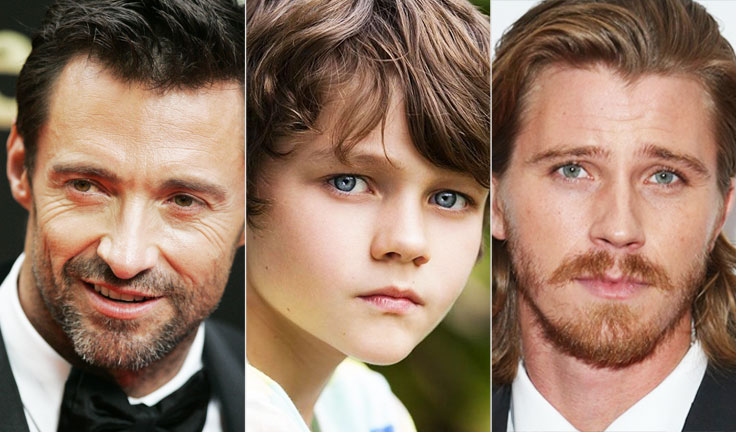
“My mother left me when I was only eight,” he has said. “She returned to the United Kingdom, leaving my father, Christopher John, alone with five children.” The image of that morning in 1976 has never faded: a quiet goodbye, a door closing, and an absence that words could never fill.
The next day brought only a short telegram confirming that his mother had arrived safely in London. For a young boy, that message brought neither comfort nor closure. “They hadn’t explained anything to me,” Jackman recalled. “I thought she would come back, but she didn’t. Dad prayed every night to see her again.”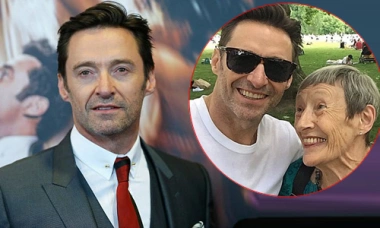
His family split apart soon after. His sisters, Zoe and Sonia, moved to England to live with their mother, while Hugh and his brothers, Ian and Ralph, stayed in Sydney with their father. “I only really understood what had happened when I was about twelve,” he later reflected. “It was a real trauma — that feeling of people looking at you and talking about you. It’s truly unnatural for a mother to leave her children.”
Over time, however, understanding began to replace pain. Jackman later learned that his mother had been struggling with undiagnosed postnatal depression — a condition poorly understood at the time. With that realization came compassion and, eventually, forgiveness.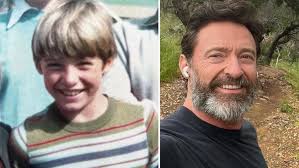
“Family is always the most important thing,” Jackman has said. “With time, I came to understand the reasons that led her to leave. And today, as an adult, I have made peace with my mother.”
His story serves as a powerful reminder that forgiveness is not about erasing the past but about freeing oneself from its hold. It does not absolve the person who caused the pain; rather, it releases the one who carries it.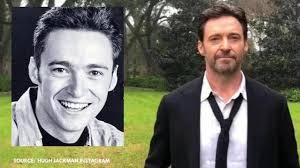
By choosing to forgive, Hugh Jackman reclaimed control over his emotions and his future. His journey shows that even the deepest childhood wounds can heal — not through forgetting, but through understanding, empathy, and love.
As the authors of We Are Human Angels write, awakening the human spirit begins with compassion — for others and for ourselves. Jackman’s story is proof that forgiveness is not weakness, but strength in its purest form.

